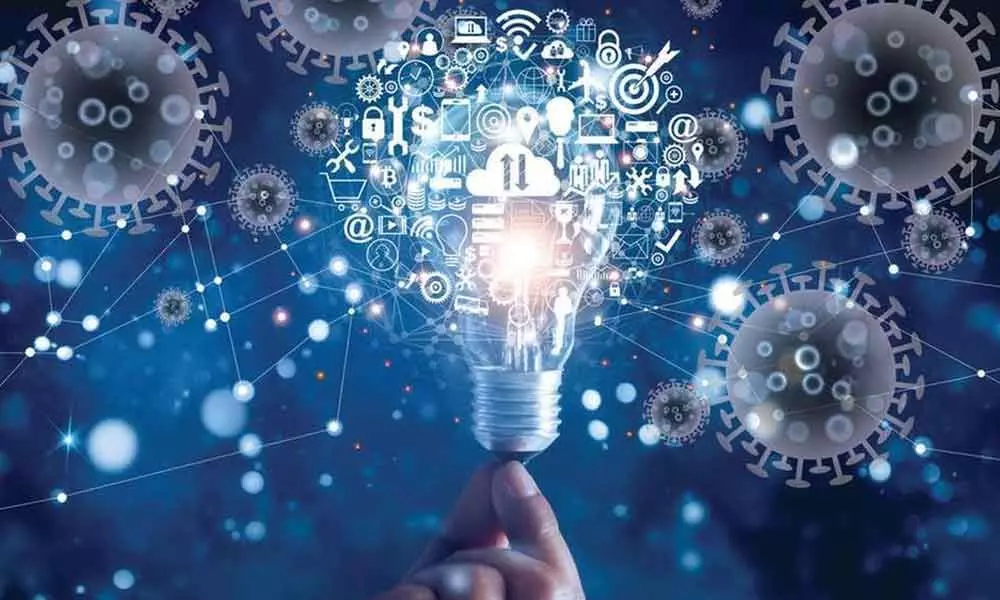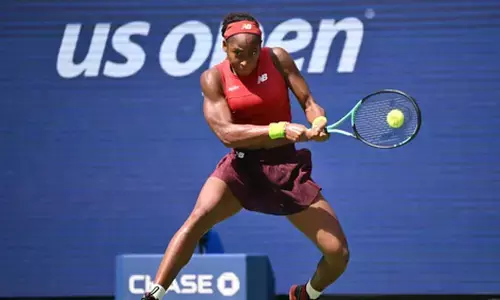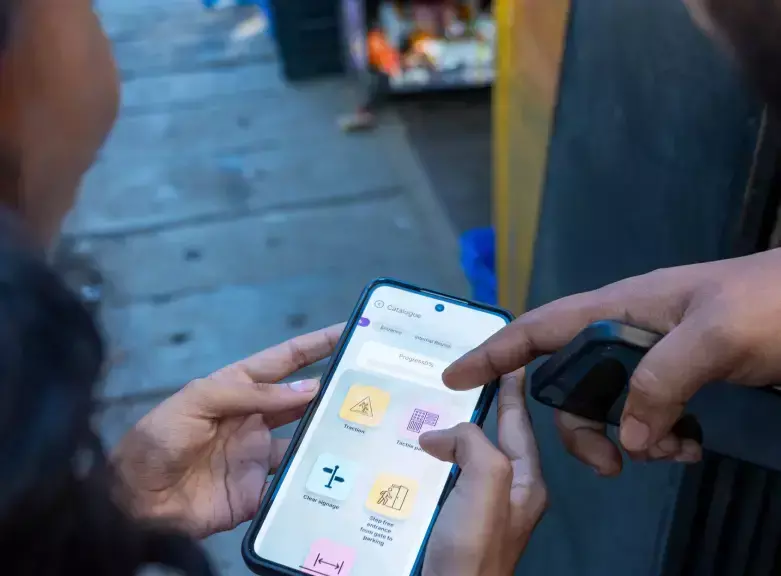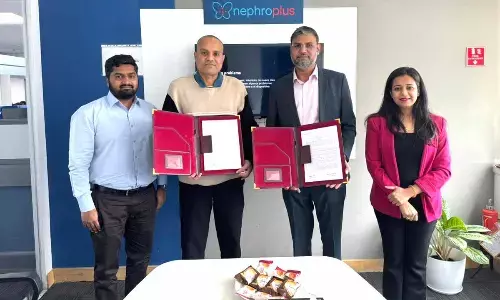A big opportunity awaits India

A big opportunity awaits India
With 'Made in China' losing steam, Indian government needs to foster an environment that incentivizes manufacturing
The narrative around Covid-19 in the Indian media has been macabre. Videos of migrant labourers walking home in hoards, testimonies of working class persons fearing the worst to come, medical professionals pleading for better work conditions - the nation's news media paints the picture of a dystopia. The question then is for how long does this ordeal last? When does normalcy return?
The short answer is never. The pre-Covid world is a thing of the past and a post-Covid world is nowhere in sight. Much like the flu, the coronavirus can't be eliminated, only contained. Much like the flu, the global economy must learn to function in coexistence with Covid... a co-Covid world, if you must.
Somewhere in the discourse around the uncertain future of a co-Covid world, India forgot that in uncertainty lies opportunity. That certainly the coming era is one of much hardship, but in my opinion also of more innovation. This could be India's upsurge opportunity, should we choose to make hay.
In the initial stages of the lockdown, the world saw a sudden global shift online. With an unplanned and almost universal stay on transport, businesses had few options but to figure as swiftly as possible an alternative to the age-old means of economic interactions. Thus, the most obvious solution - a digital economy - was mobilized. Webinars, Zoom, cashless transactions, virtual classrooms, all became the norm for a lack of an adequate competing solution. This got off to a rocky start, of course. After all, the lockdown was sudden and came without warning. However, I believe we are now seeing the acceptance phase of this jarring interruption in the established way of things.
And for all its hardships and effort, we would be remiss to neglect the redeeming factors of this shift. Vehicular traffic and consequent air pollution levels are reduced, physically committed theft has reduced, and measures to make remote education feasible are underway. No doubt, there have been many challenges to having all society locked away in the home. Incidences of domestic violence are reportedly on the rise and the nation's collective stress levels might soon constitute a health crisis.
Notwithstanding these, the more constructive effects of a lockdown must not be forgotten. For example, the limits of geography no longer apply to business interactions. TiE Delhi i.e The Indus Entrepreneurs Delhi hosted 3000 participants at their annual summit last year. In organising this year's programme, the members of the TiE Hyderabad core-team realised that with physical constraints lifted, we could operate at a much grander scale. In December 2020, the summit is scheduled to be attended virtually by 20,000 participants from around the world!
Since a co-Covid world is here to stay, the question is now one of opportunity: How can India make the most of this new world? How can Indians capitalise on these changes to propel our economy? The answer lies in innovation. What we require now is for Indian individuals and organisations alike to capitalise on the present shifts. An upsurge in innovation is the only proactive approach to fill the gaps in the new world order. This is our bigger, better Y2K.
One can say that an upside to a global pandemic is that it has proven an equalizer of sorts. Every single individual is affected, thus no group can be ignored. This is not an issue for a subset of the population, which would require campaigns and lobbying. Covid-19 has spared none. The virus is contagious - if the poor have it, the rich soon will.
The prince and the pauper are both in danger. It follows that the princes of the world have no choice but to consider the well-being also of the paupers. Perhaps, for the first time in modern history, the welfare of no one can be ignored.
This social awareness, this empathy is the new basis for innovation, going forward.
"I need you and you need me to be functional. How can I help make a co-Covid world such that we may all thrive?" - this is the new mantra of Indian innovation that will help us rebuild the supply chains, work processes, and delivery systems that were disrupted by the lockdown. No longer is the world's focus on flying cars and colonising Mars. Today, we spend our energies making sure food still reaches our tables.
This innovation can't come from a single sector alone. The public and private players in the economy must all come to the table to figure the best arrangement for the nation. This is India's opportunity to break China's hold as a manufacturing giant. With the reputation of 'Made In China' products dipping, it is up to our government to ensure manufacturers do not take their business to Vietnam, Thailand, or other countries that will also undoubtedly benefit from China's diminishing influence on global economic sphere.
Wisdom would lie in the Indian government fostering an environment that incentivizes manufacturing in India. A good start would be to court stakeholders with a clean regulatory environment and to invest in high-quality business infrastructure.
The wonderful thing about the co-Covid agenda is that the big players now need local entities. The superficial divide between large corporations and smaller-scale local players is to a great extent nullified. The big shots of the world have no choice but to engage with any and every underdog that could help sustain their operations. International players are now humbled for indigenous knowledge which will prove key to their sustainability. They are desperate for the liaison of local players, and must thus get off their high horse.
Be it developing a Covid vaccine or some other innovation, this is an upsurge moment for the underdog in business. Another interesting trend arising from this new world order is reverse migration. I am privy to discourse in the NRI circles that leads me to believe that the brain-drain that India has been facing every year will now be reversed. Intellectuals and capable workers will return home.
Moreover, rural-urban migration will also reverse, as we have already witnessed. I know of companies incentivizing their employees to work from home by promising compensation for WiFi, a work desk, and any other equipment the employee may need to set up a home office. TCS too declared that 75 per cent of their employees will now permanently work from home. Youth now entering the workforce needn't choose between staying home with their families or moving to a metro city to work. Moreover, this frees up companies' real estate for other lucrative projects. A win-win!
The social sector too is primed for innovative processes to deliver social security. Education, healthcare, mental health, gender disparity and other causes now face a new host of challenges of access. Again, the State and private social sector must collaborate to improve tech penetration in ruralities and maintain the delivery of life-affirming services to already marginalised groups. The digital classroom is as inevitable as Netflix.
And just as in the classroom, it is time for India to take notes, think quick, and deliver solutions to propel the nation head-on into the new co-Covid world. Opportunity lies ahead and someone will surely seize it. Will it be India?
(The writer is Senior Advisor of Telangana State Innovation Cell and Founder, Upsurge Global. Views expressed in this article are his own)
















